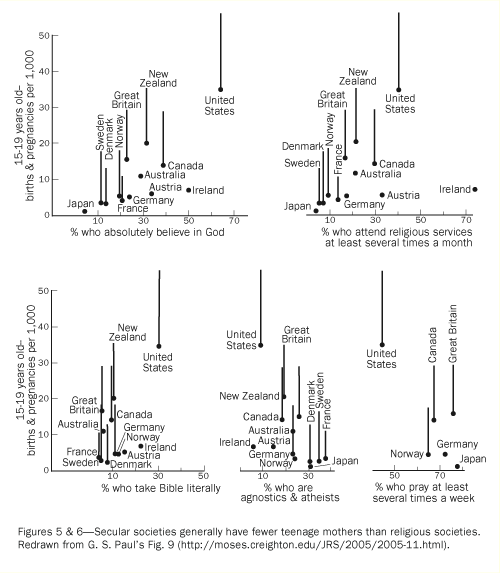Morrill, Jim, and Tim Funk. "McCrory Says Good Friends Have Shunned Him, His Wife over HB2." Charlotte Observer. N.p., 11 Oct. 2016. Web. 17 Oct. 2016.
This article is about the recent political issue in North Carolina, regarding transgender bathrooms. North Carolina Governor Pat McCrory has sparked conflict by stating that Caitlyn Jenner should have to use the men's restroom if she is to use government facilities. It is important to note that he does not include private facilities. Governor McCrory signed into law House Bill 2, which requires bathrooms in government facilities to be used by people based on the gender listed on their birth certificate. A majority of the responses to this bill have been not only negative, but calls to violent action, or at least exclusionary action. McCrory has received death threats. His wife has been shunned from events. Even life-long friends of the McCrory family are pulling support. An important point in this article, at least in my opinion, is that he is not hateful. Governor McCrory did not intend to incite or imply hatred. Being governor means that he is trusted to do what he believes is right, and he believes his view is right. He did not write this bill into law in any ill manner, but he notes that he has been confronted only with negative, hateful responses. He listens to opposing views, respectfully disagrees, and moves on. But he is not responded to in the same way. He does not identity himself as an ultra-conservative, but according to his audience, he sure is now. We are in a time of major societal change, and there is sure to be backlash and resistance. Governor Pat McCrory of North Carolina is part of the resistance, but he is not violent and he is not hateful. He merely disagrees with the majority, and that is no longer a viable option anymore. As Governor McCrory aptly notes, “It’s almost like the George Orwell book ‘1984’,” he said. “If you disagree with Big Brother or you go against the thought police, you will be purged. And you will disappear.”
 The first thing that comes to my mind when I read this is the Westboro Baptist Church and the way it uses its faith to justify its bigotry as conviction. In the image above, these members protest everything that challenges their faith, but they do so in a way that, arguably I assume, denies their beliefs too. They use the bible to justify their dislike and opposition to such social movements as same sex marriage, but they do so in an alienating way that comes off as extremely hateful, which is something the bible also teaches against.
The first thing that comes to my mind when I read this is the Westboro Baptist Church and the way it uses its faith to justify its bigotry as conviction. In the image above, these members protest everything that challenges their faith, but they do so in a way that, arguably I assume, denies their beliefs too. They use the bible to justify their dislike and opposition to such social movements as same sex marriage, but they do so in an alienating way that comes off as extremely hateful, which is something the bible also teaches against.
 There is evidence that there is a greater societal dysfunction in countries with higher religiosity rates. Though most arguments use this data to say that religious people are problematic, in this instance, it can be used to explain why people act out. Religion can influence people to believe, support, and enforce social constructs that may be alienating and negatively affect minorities that challenge the status quo.
There is evidence that there is a greater societal dysfunction in countries with higher religiosity rates. Though most arguments use this data to say that religious people are problematic, in this instance, it can be used to explain why people act out. Religion can influence people to believe, support, and enforce social constructs that may be alienating and negatively affect minorities that challenge the status quo.